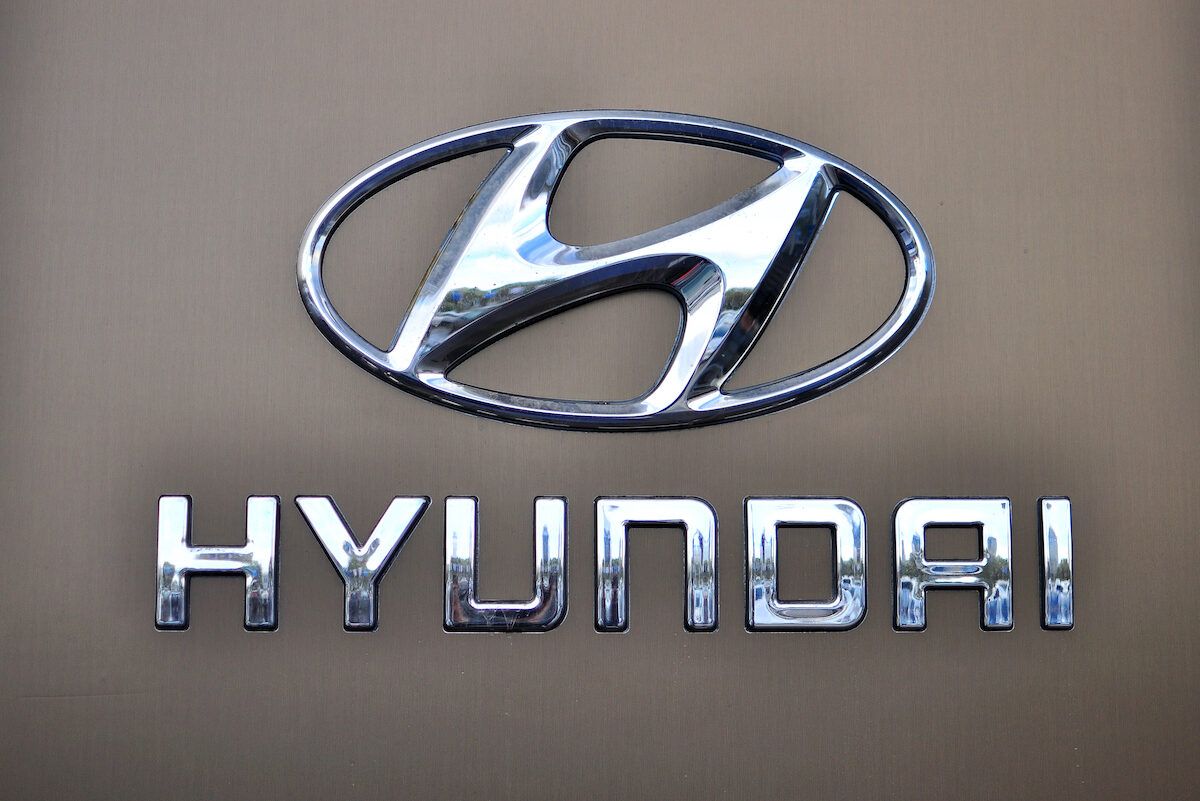
Update:
- A judge dismissed a class action lawsuit filed by a group of vehicle owners against Hyundai Motor Co. in a California federal court.
- The class action lawsuit claimed a number of Hyundai and Kia model vehicles contained an engine defect that caused them to use an excessive amount of oil.
- The vehicle owners argued the alleged defect, in addition to costing them money for the excess oil, caused the vehicles to stall and eventually fail.
- Court approval of the dismissal was not required as the class had not been certified nor proposed to be certified for purposes of a settlement, according to court documents.
Hyundai excessive oil consumption class action lawsuit overview:
- Who: A group of Hyundai and Kia vehicle owners are suing Hyundai Motor Co.
- Why: The drivers allege numerous models of Hyundai and Kia vehicles are equipped with defective engines that use excessive amounts of oil, stall and eventually fail.
- Where: The lawsuit was filed in a California federal court.
(April 20, 2022)
Hyundai makes numerous models of Hyundai and Kia brand vehicles with defective engines that use excessive amounts of oil, costing their owners huge sums of money, a new class action lawsuit alleges.
On Apr. 12, eight owners of Hyundai and Kia brand vehicles filed a class action lawsuit against Hyundai Motor Co. in a California federal court, alleging violations of federal warranty laws.
The Hyundai excessive oil consumption lawsuit alleges that numerous models of the automaker’s vehicles are equipped with defective Nu, Gamma, Theta, Lambda and Kappa engines.
The defective engines allegedly use excessive amounts of oil, stall and eventually fail. The drivers say Hyundai should have issued a recall for the vehicles a long time ago but hasn’t.
As a result, thousands of Hyundai and Kia owners and lessees have allegedly been forced to constantly check the oil levels, and oil must be added to the engines more frequently than even the owner’s manuals recommend, Car Complaints reports.
The engine issue has flow-on effects like reduction in engine lubrication due to crankshaft submersion and gaskets and seals damage, which leads to oil leaks.
The plaintiffs also claim that oil in their vehicles migrates to places where it shouldn’t be, damaging the combustion and exhaust systems.
This allegedly causes “abnormal wear of engine parts, oversaturation of carbon and deposits of oil sludge, ultimately requiring a costly engine rebuild or replacement.”
Automaker should honor warranty claims outside terms, Hyundai class action says
The plaintiffs allege that Hyundai should honor customers’ warranty claims even when the warranties have expired.
According to the lawsuit, Hyundai can’t adequately repair the oil consumption problems and doesn’t offer any reimbursement for out-of-pocket costs caused by the issue.
The class action states customers must suffer through long wait times for replacement parts, “and in most cases do not receive required engine replacements.”
The cars with the allegedly faulty engines include the 2012-2020 Hyundai Elantra, 2009-2018 Hyundai Genesis Coupe, 2019-2021 Hyundai Kona, 2020-2021 Hyundai Palisade, 2010-2012 and 2015-2021 Hyundai Santa Fe, 2009-2010 and 2015-2021 Hyundai Sonata, 2011–2021 Hyundai Sonata Hybrid, 2010-2013 and 2015-2021 Hyundai Tucson, 2011-2021 Hyundai Veloster, 2020-2021 Hyundai Venue, 2010-2021 Kia Forte, 2017-2020 Kia Niro, 2011-2020 Kia Optima and Optima Hybrid, 2012-2021 Kia Rio, 2011-2020 Kia Sorento, 2012-2021 Kia Soul, 2011-2020 Kia Sportage, 2018-2021 Kia Stinger and 2022 Kia K5.
Meanwhile, Hyundai has expanded its recall of vehicles with an exploding seat belt part issue that has caused multiple injuries to include 6,240 of its 2021-2022 Elantra and 2020 Accent vehicles.
The plaintiffs are represented by Nye, Stirling, Hale & Miller LLP, Sauder Schelkopf LLC and Walsh, PLLC.
The Hyundai Oil Consumption Lawsuit is Cho, et al., v. Hyundai Motor Company, LTD., et al. in the U.S. District Court for the Central District of California.
Are you one of the drivers affected by an allegedly faulty Hyundai engine? Let us know in the comments!
Don’t Miss Out!
Check out our list of Class Action Lawsuits and Class Action Settlements you may qualify to join!
Read About More Class Action Lawsuits & Class Action Settlements:















3,223 thoughts onHyundai class action over excessive oil consumption dismissed
I have a 2016 Hyundia Sonata Limited with 110000 and it burns 2 qts of oil in 100 miles. It started burning oil when it had less than 100,000 miles on it.
1000 miles, not 100 sorry type error
2020 Hyundai Tucson burning oil and must top off every 2 weeks minimum. Insanely expensive.
2018 Kia Optima , purchased at 39,000 miles from the Dealer , started burning oil at 86,000 miles , Dealer knew about the issue when I purchased the car
Have a Hyundai Santa Fe Sport 2015, was on a highway on Sunday and car suddenly deccelerated and had to pull over and almost crashed. Now my car has a knock sensor fault and engine is rattling and cannot drive it. Never happened before and i had all the recall complered previously. I did have to add oil to my car a few week back. I do my oil changes regularly.
I have a 2018 Elantra as well that will stall even with regular oil changes and has now started a knocking sound Hyundai really need to pay for their lies and theft
I am the original owner of a 2015 Hyundai Tucson Limited. I feel as soon as I got to 100,000 miles on my car, it has been drink oil like crazy. I’m topping up every 1,000 miles, or less. I took my car to the dealer in November 2022 for all the recall fixes, but obviously this wasn’t one of them!!
2018 Hyundai Elantra here. Been dealing with constantly having to add oil since I drive about 600 miles per week. Probably add oil about 2-3x per month. Frustrating and expensive!
Have a two thousand eighteen honda accent uses two quarts of oil a week
My wife and I have a 2017 hyundai Tucson that after the vehicle having about 150,000 miles on it we have to put 1 or2 quarts of oil in and was never told of the defective seals in the motor we’ve already had to change our catalytic converter once because of it and most likely going to have to do it again (and they go for about $2000 to $2500
I have a 2015 Hyundai Elantra, purchased this car at 60,000 and at about 70,000 miles had to start adding oil. I am talking about adding 1 quart everytime I have to fill up the gas tank. This is ridiculous and I wish Hyundai would do something about it. I am a single mom in nursing school, I cannot afford to lose my vehicle right now, or worse, have to come out of pocket for expensive repairs while also making a car payment on the thing. I may just go ahead and sell the vehicle now, before the engine fails.